You might think the past was better, but these jaw-dropping truths will make you glad you live in the present.
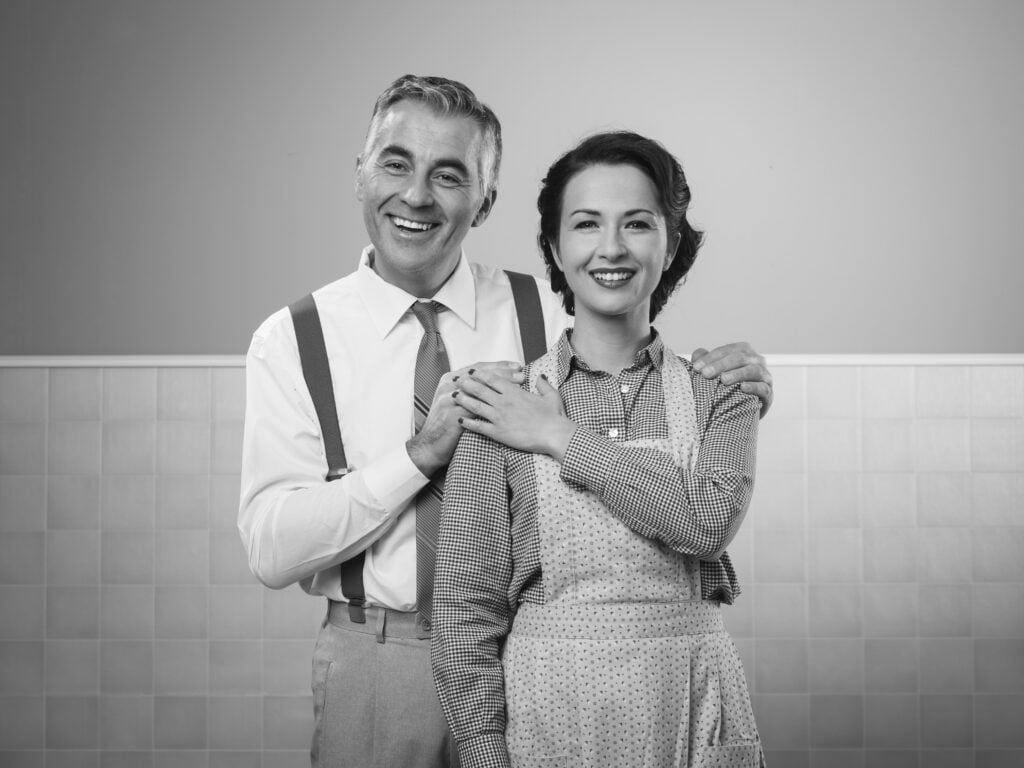
People often slip into nostalgia like it’s a warm, familiar blanket. We look back at the past through rose-colored glasses, imagining a time when everything seemed simpler, slower, and maybe even better. But the truth is, that idealized version of the past doesn’t tell the whole story. Behind the charm of vintage photos and stories from “the good ole days” were a host of challenges that many people today would find intolerable.
1. The “Good Ole Days” Weren’t So Safe—You Were More Likely to Die Young

We hear a lot about how life was simpler and people were tougher in the past, but we often forget how unsafe things really were. Cars didn’t have airbags, seat belts weren’t widely used until decades after their invention, and bike helmets were almost unheard of. Smoking wasn’t just common—it was glamorized and done everywhere, even in hospitals and airplanes, as reported by experts at the National Library of Medicine. Construction and factory jobs came with serious risks, and workplace safety regulations were minimal or nonexistent.
2. Childhood Wasn’t as Carefree as You Remember—Kids Had Fewer Rights
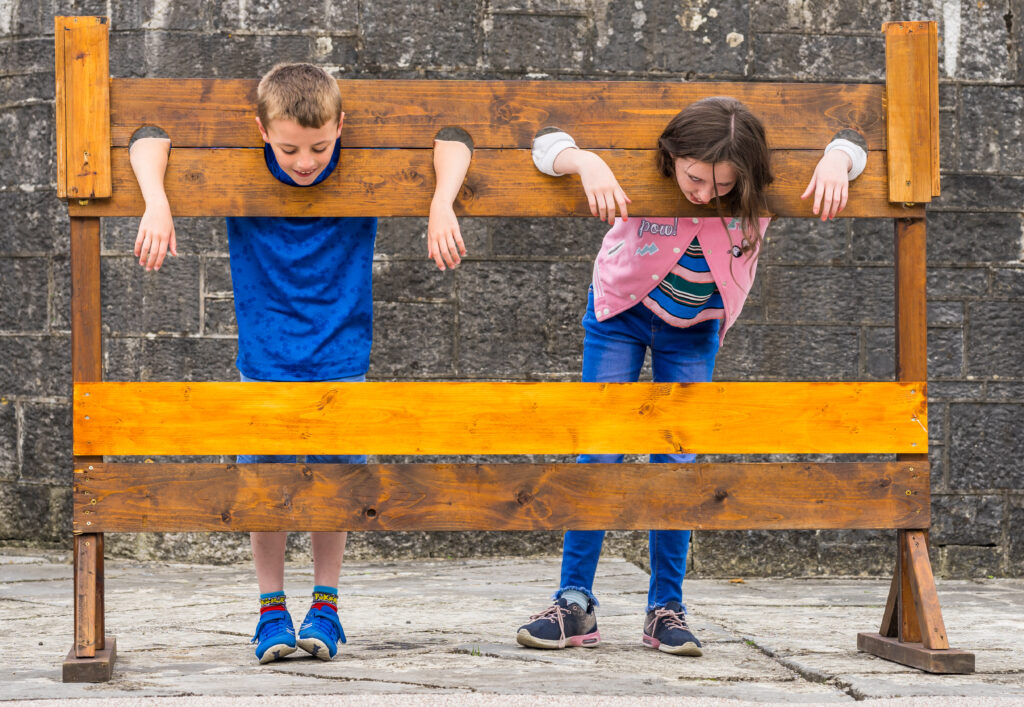
There’s a charming idea that children in the past ran wild, free from screens and full of adventure. While it’s true that many kids spent more time outdoors, the price for that freedom was a shocking lack of protection. Corporal punishment was widespread, not just at home but also in schools, as mentioned by experts at the World Health Organization. Teachers had paddles, and parents were rarely questioned for disciplining children harshly. If a child spoke up about abuse, they were often dismissed or silenced.
3. The Air and Water Were Absolutely Filthy—And No One Cared
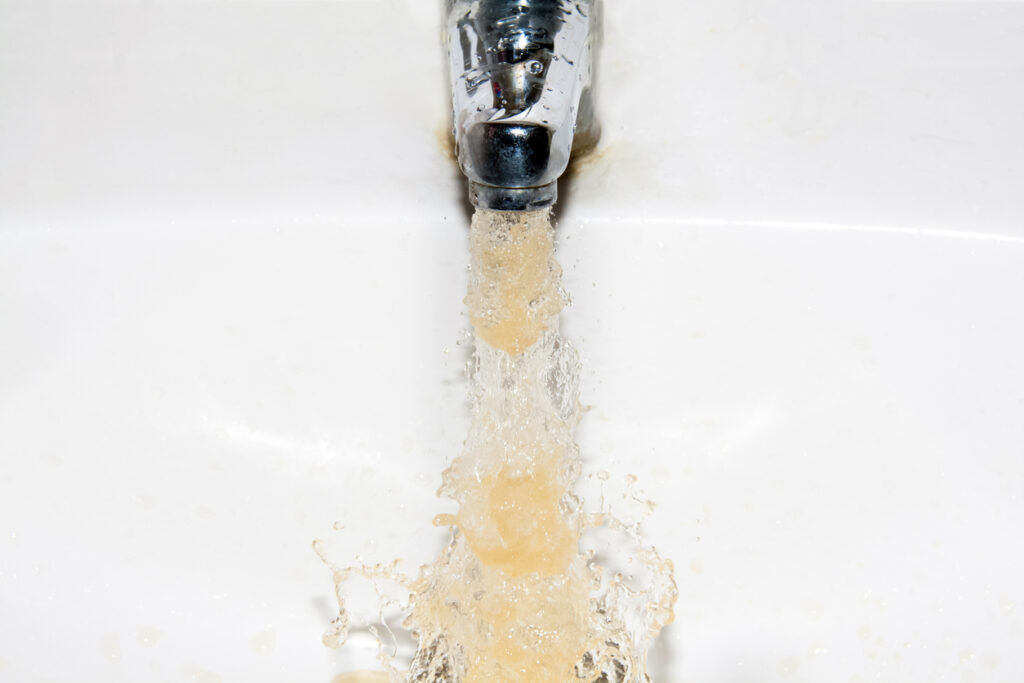
It’s easy to forget how toxic our environment once was before modern regulations. Industrial pollution was completely unchecked for years, and factories spewed harmful chemicals directly into the air and water. Rivers became open sewers for chemical waste, often turning strange colors or catching fire. The air in cities was thick with smog, and people didn’t wear masks—they just breathed it all in like it was normal.
4. Women Had to Marry Well—Because Careers Were Barely an Option

A woman’s life used to revolve almost entirely around finding a husband. Higher education was rare for women, and those who pursued ambitious careers were seen as outliers or eccentrics. Even when women did work outside the home, they were often relegated to low-paying, gendered roles like secretaries, nurses, or teachers. Professional fields were overwhelmingly male, and sexism was both blatant and accepted.
5. “Till Death Do Us Part” Meant Staying in Miserable Marriages

The cultural pressure to stay married no matter what was intense and unforgiving. Divorce wasn’t just discouraged—it was downright scandalous. People who left their marriages were often ostracized, and women especially faced financial and social ruin if they dared to leave a husband. Abuse was rarely talked about and even more rarely addressed, forcing many to endure deeply unhappy and sometimes violent relationships.
6. Healthcare Was Basically a Gamble—And You Couldn’t Always Afford It

The medical world of the past might seem quaint or even charming in hindsight, but it was incredibly dangerous. Many treatments were based on trial and error, and people had little understanding of what was being done to them. Doctors were treated like infallible gods, and questioning their advice was almost unthinkable. Surgery came with immense risk, anesthesia was primitive, and antibiotics were just emerging on the scene.
7. Food Wasn’t Healthier—It Was Just Filled With More Mystery Ingredients

People often claim that food “tasted better” back in the day, but that doesn’t mean it was healthier. The food industry was largely unregulated, and ingredients that are banned today were commonly used. Trans fats, artificial colors, and preservatives were standard in almost every processed food. Labels didn’t list ingredients in a meaningful way, and no one really knew—or cared—what they were eating.
8. Work Was Grueling—And Work-Life Balance Didn’t Exist

The idea of work-life balance is a modern concept. In the past, most jobs were physically demanding, offered few protections, and came with long hours and minimal pay. There were no mental health days, no flexible work arrangements, and certainly no such thing as working from home. If you were sick or injured, you could easily lose your job or your livelihood.
9. Mental Health Was a Taboo Subject—And People Suffered in Silence
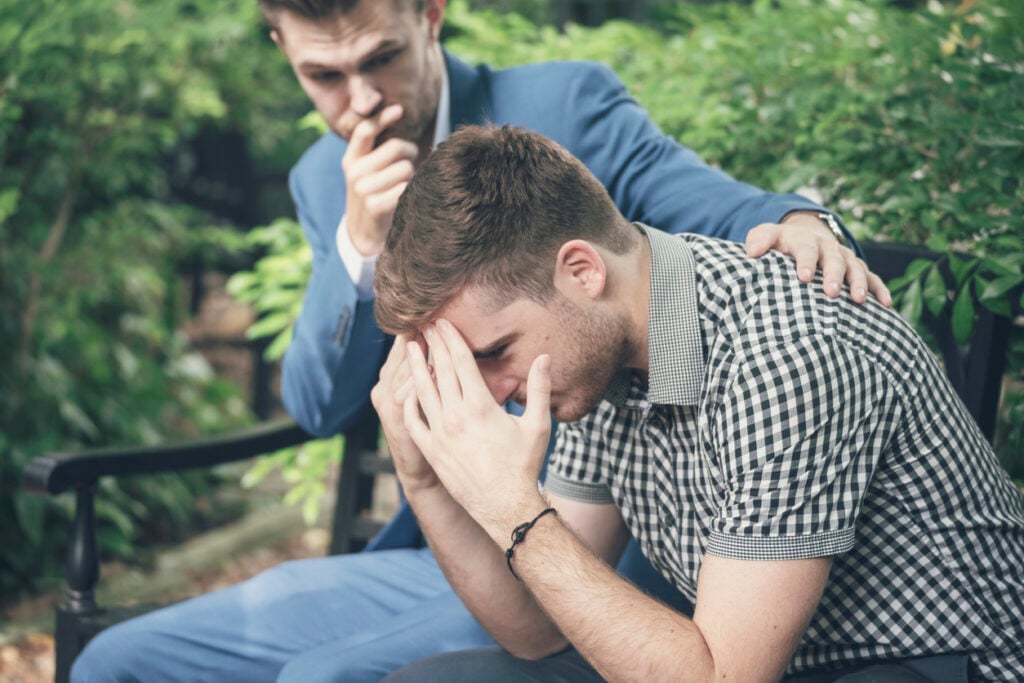
There was a time when having depression or anxiety wasn’t considered a medical issue—it was seen as a personal failure or weakness. Mental health wasn’t discussed openly, and those who suffered were expected to keep it to themselves. Therapy was rare and often stigmatized, and medications for mental health were limited or dangerously experimental.
10. Racial and Social Inequality Wasn’t Just Real—It Was the Norm

The history of the past is filled with systemic injustice that was openly accepted and often codified into law. Jim Crow laws, redlining, school segregation, and voter suppression were realities for millions of Americans. Women and minorities had little legal recourse against discrimination, and LGBTQ+ individuals lived in constant fear of being outed, harassed, or worse.
11. Parenting Was a Guessing Game—And a Lot of Kids Suffered
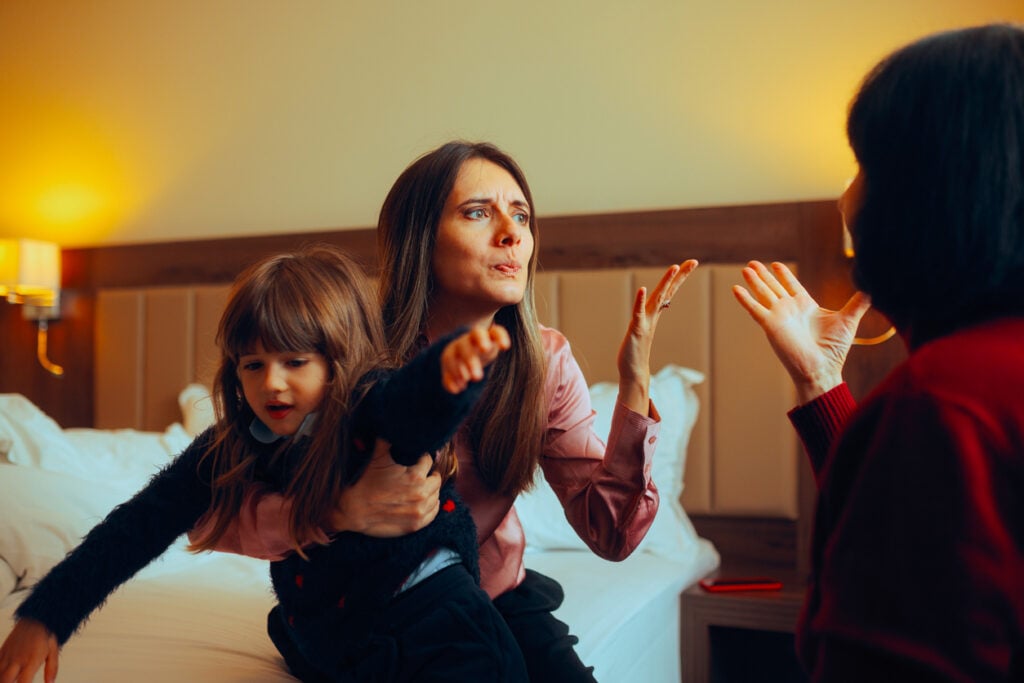
There was no parenting science to guide families in the past. Most parents relied on how they were raised, repeating patterns that were often unhealthy or even abusive. Physical punishment was common, and emotional support was seen as spoiling a child. Children who misbehaved were punished harshly, and their emotional needs were rarely considered.
12. The “Simple Life” Was a Lot of Hard Work With Few Conveniences

People often pine for the days before smartphones and constant notifications, imagining a quieter, more peaceful life. But daily chores took hours, and everything required more effort. Washing clothes, cooking meals, cleaning the house—it all demanded time and physical labor. Entertainment was limited, and socializing required planning and availability.
